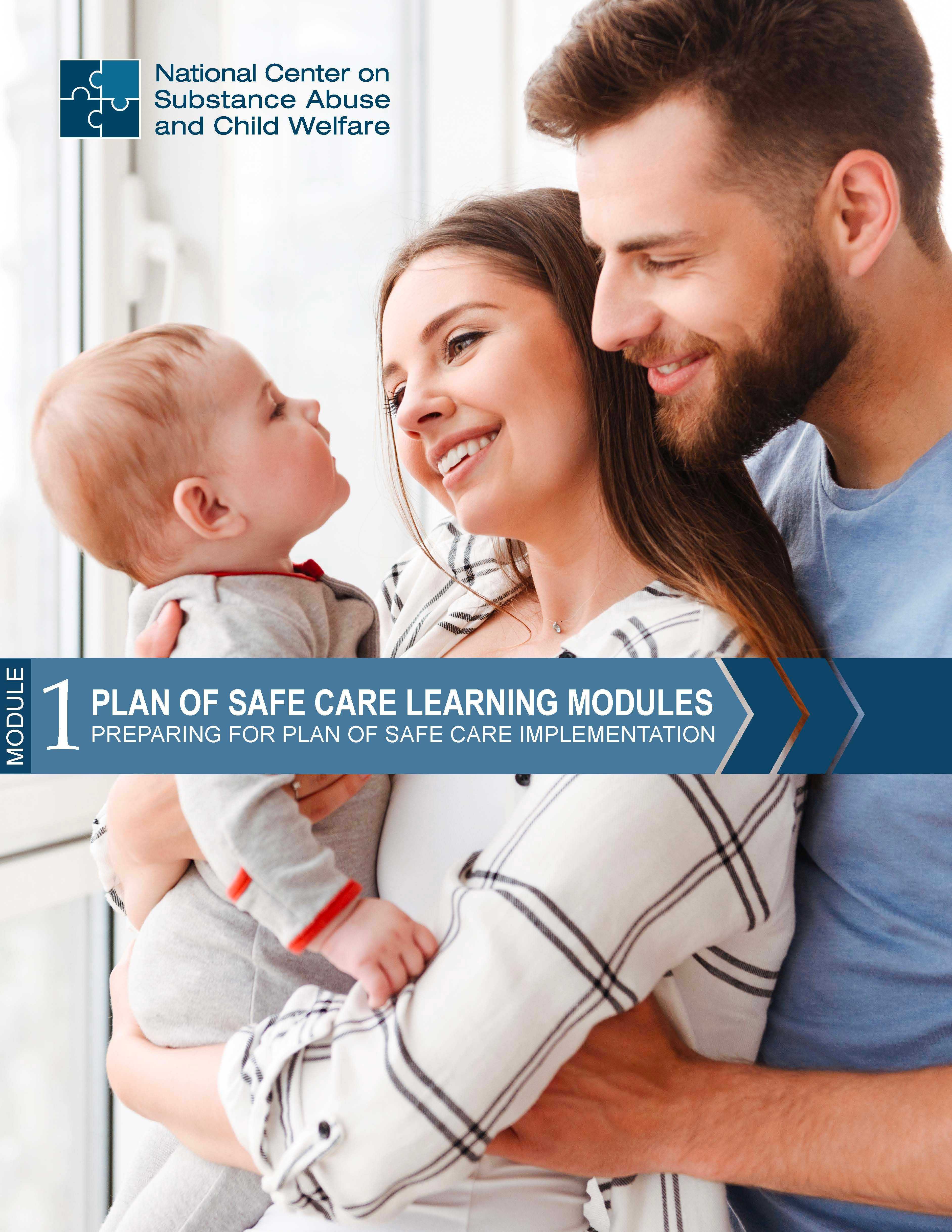CAPTA Plans of Safe Care
The Child Abuse Prevention and Treatment Act (CAPTA) Plan of Safe Care (POSC) is designed to improve the 1) safety and well-being of infants affected by prenatal substance exposure and 2) recovery outcomes for their caregivers.
Highlighted Resource
Plans of Safe Care Learning Modules Series

National Center on Substance Abuse and Child Welfare, 2020
A five-part series on POSC for infants born with and identified as affected by substance abuse or withdrawal symptoms resulting from
...(Read More)Policy and Practice Resources
Child Welfare Policy Manual (CWPM) - CAPTA
Children’s Bureau, Administration for Childr..., 2024
Contains policy questions and answers applicable to child welfare programs operated
... (Read More)Foster Care Entry Rates Grew Faster for Infants than for Children of Other Ages, 2011-2018
Office of the Assistant Secretary for Planni..., 2021
Summarizes national, state, and county increases in foster care entry. A rising
... (Read More)How States Serve Infants and Their Families Affected by Prenatal Substance Exposure Series
National Center on Substance Abuse and Child..., 2021
A three-part series highlighting states’ approaches to serving infants and families affected by prenatal substance exposure. Derived
... (Read More)Plans of Safe Care Learning Modules Series
National Center on Substance Abuse and Child..., 2020
A five-part series on POSC for infants born with and identified as affected by substance abuse or withdrawal symptoms resulting from
... (Read More)State and Local Examples
State Plan of Safe Care Informational Websites
NCSACW has identified several states with its state’s plan of safe care. You can view each state’s informational website.
... (Read More)Additional Resources
How can Plans of Safe Care help infants and families affected by prenatal substance exposure?
Casey Family Programs, 2023
Provides legislative and policy context for developing Plans of Safe Care for infants
... (Read More)Child Abuse and Prevention Treatment Act (CAPTA), Prenatal Substance Exposure Statutory Station Summary
National Center on Substance Abuse and Child..., 2017
Covers the history of the CAPTA prenatal exposure provisions, including the July 201
... (Read More)